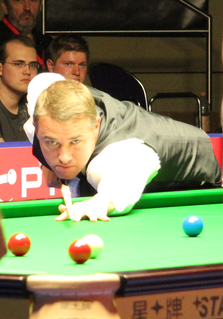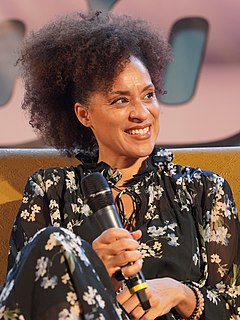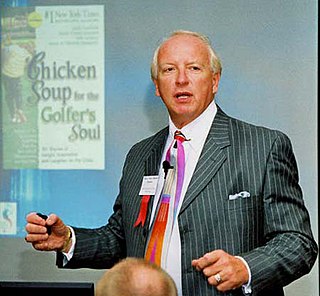A Quote by Utah Phillips
When I went to high school - that's about as far as I got - reading my U.S. history textbook, well, I got the history of the ruling class. I got the history of the generals and the industrialists and the presidents that didn't get caught. How 'bout you? I got all of the history of the people who owned the wealth of the country, but none of the history of the people that created it.
Related Quotes
I feel history is more of a story than a lesson. I know this idea of presentism: this idea of constantly evoking the past to justify the present moment. A lot of people will tell you, "history is how we got here." And learning from the lessons of history. But that's imperfect. If you learn from history you can do things for all the wrong reasons.
As a young man, I was very interested in how people lived in earlier times; how they got from place to place, lighted their homes, cooked their meals and so on. So I went to the history books. Well, I could find out all about kings and presidents; but I could learn nothing of their everyday lives. So I decided that history is bunk.
With all the movies I've made about history, it's not really fun because you're trying to get it right. You've got history telling how it was, and then my imagination is telling me how I wish it had been, but I can't go there, so I have to censor myself. I'm very good about stopping myself from creating history that never occurred, but it's frustrating.
I have to throw in on a personal note that I didn't like history when I was in high school. I didn't study history when I was in college, none at all, and only started to do graduate study when my children were going to graduate school. What first intrigued me was this desire to understand my family and put it in the context of American history. That makes history so appealing and so central to what I am trying to do.
Families of privilege and money would have harps in their parlors, and their cultured daughters would learn to play. It's got such a strange history. But that wasn't the context that I learned it in, so the inherent friction between that history and the more humanist folk-y history wasn't in my conscience at all.






































